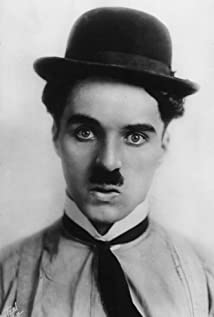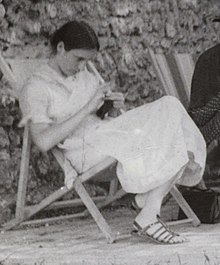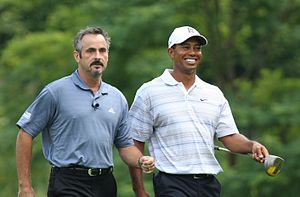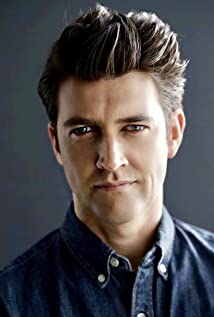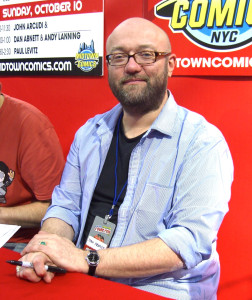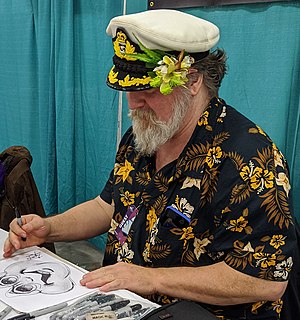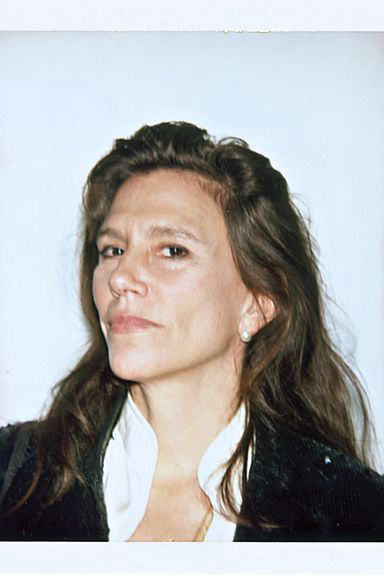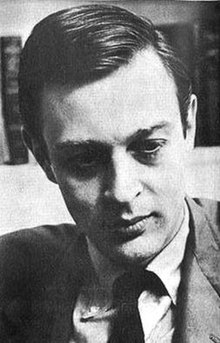Charles Chaplin
Popular As Charles Spencer Chaplin (Charlie, Charlot, The Little Tramp)
Birth Sign Aries
Birthplace London, England
DEATH DATE 1977-12-25, Corsier-sur-Vevey, Switzerland (88 years old)
Nationality United Kingdom
Height 5' 4" (1.63 m)
#600 Most Popular
ABOUT
Charles Spencer Chaplin, universally known as Charlie Chaplin, remains one of the most iconic figures in the history of cinema. Born on April 16, 1889, in London, England, Chaplin was a pioneering actor, filmmaker, and composer whose influence on the art of filmmaking is still felt today. He gained global fame through his screen persona, "The Tramp," a character distinguished by his ill-fitting suit, bowler hat, and cane. Chaplin's works, many of which he wrote, directed, produced, edited, and starred in himself, have left an indelible mark on the industry. His films, like "The Kid" (1921), "City Lights" (1931), and "Modern Times" (1936), blend humor with pathos, making profound social and political statements.
BEFORE FAME
Charlie Chaplin's beginnings were humble and challenging. He was born into a lower-class family of entertainers, with his father, Charles Chaplin Sr., being a vocalist, and his mother, Hannah Chaplin, a singer and actress. His early years were marred by poverty and hardship, exacerbated by his father's alcoholism and his mother's mental health issues, which led to her eventual institutionalization. Young Chaplin spent some of his childhood in workhouses and charity homes, grappling with the uncertainties of a tumultuous domestic life.
Despite these challenges, Chaplin gravitated towards performing arts from a young age. He joined a juvenile pantomime troupe called "The Eight Lancashire Lads," which honed his comedic and mime skills. By his early teens, Chaplin had become a seasoned stage performer, eventually joining the prestigious Fred Karno Company. It was during a tour in the United States with the Karno Company that he caught the attention of film producers and embarked on his illustrious film career.
TRIVIA
-
Silent Film Master: Chaplin was not only a master of silent film; he also successfully transitioned to talkies while maintaining the silent film aesthetic in works like "City Lights" and "Modern Times."
-
Versatile Artist: Beyond acting and directing, Chaplin composed the musical scores for many of his films, including the famous tune "Smile" in "Modern Times."
-
Oscar Recipient: Despite his immense contributions to cinema, Chaplin received an Academy Award later in his career. He was awarded an honorary Oscar in 1972 for "the incalculable effect he has had in making motion pictures the art form of this century."
-
Political Challenges: Chaplin's progressive viewpoints and political sympathy towards the left made him a controversial figure in the United States during the McCarthy era. He was ultimately exiled from the U.S. in 1952.
FAMILY LIFE
Charlie Chaplin's personal life was as eventful and dramatic as his screen roles. He was married four times and had eleven children. His first two marriages, to Mildred Harris and Lita Grey, ended in highly publicized and contentious divorces. His third marriage, to actress Paulette Goddard, was more stable but eventually ended in separation.
In 1943, Chaplin married Oona O'Neill, the daughter of renowned playwright Eugene O'Neill, when he was 54 and she was 18. This marriage proved to be the enduring relationship of Chaplin's life, lasting until his death. Oona and Chaplin had eight children together, and their family life in Switzerland, where they moved after his exile from the United States, provided him with stability and happiness in his later years.
ASSOCIATED WITH
Charlie Chaplin collaborated with numerous significant figures in the entertainment industry throughout his career. He co-founded United Artists in 1919 with fellow legends Mary Pickford, Douglas Fairbanks, and D.W. Griffith, which gave him unprecedented control over his films. He worked with talented actors like Paulette Goddard and Jackie Coogan (The Kid) and supported other comedians, such as Buster Keaton, with whom he shared the screen in "Limelight" (1952). His influence extended beyond his collaborations, impacting generations of filmmakers and artists, from Orson Welles to Stanley Kubrick to Roberto Benigni.
In sum, Charlie Chaplin's legacy is a testament to his genius and resilience, much like the enduring spirit seen in "The Tramp." His life story, replete with personal and professional milestones, continues to inspire and captivate audiences worldwide.


